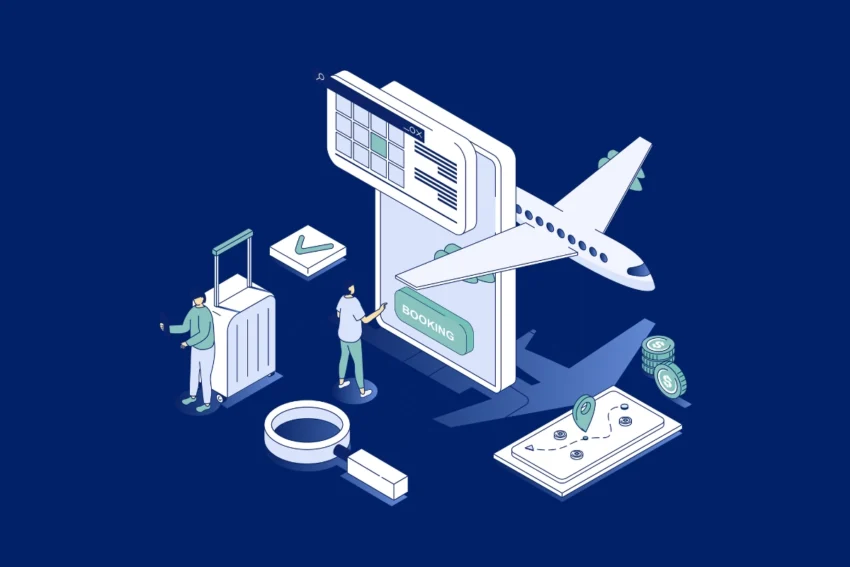Airlines are accelerating their move towards modern retailing, but a recent article by Kemp IT Law highlights a growing risk: restrictive legacy contracts are quietly shaping the limits of transformation.
As airlines adopt Modern Retailing such as NDC, One Order and cloud-native platforms, the opportunities are significant. But the fine print matters. Buried clauses in technology agreements can delay migrations, inflate costs, and reduce long-term control.
The Kemp IT article is a timely reminder: modernisation is not just about technology choices, it all starts with contractual freedom.
The hidden barriers in legacy contracts
As Kemp IT highlights, many technology agreements were written for a different era, when distribution models were centralised and innovation cycles slower. Today, those same clauses can create silent roadblocks:
- Restrictions on moving data between systems, making migrations costly and complex.
- Narrow API rights that limit integration with third-party providers and emerging partners.
- Confidentiality terms that slow collaboration with consultants and alliance partners.
- Weak or absent exit provisions that leave airlines exposed when transitioning to new systems.
Left unaddressed, these constraints extend transformation timelines, increase switching costs, and lock airlines into long-term dependencies.
Protecting flexibility through open standards
To future-proof their strategies, airlines must ensure openness and interoperability are non-negotiable when negotiating renewals or signing new agreements. Frameworks that embrace flexibility and allow airlines to plug in the best technologies available are essential to reducing risk and accelerating transformation.
Openness as a strategic advantage
The Kemp IT article reflects a broader shift: openness has become a competitive differentiator. Airlines adopting modular, API-driven architectures can:
- Launch new innovation and retailing strategies faster.
- Integrate specialist providers without technical or contractual friction.
- Retain long-term control over offers, orders, settlement and delivery flows.
At Accelya, openness is part of our DNA. We have a track record of enabling openness across the industry. We contributed the first NDC schema to the industry and continue to drive interoperability and choice across the ecosystem. Time and again, we have demonstrated how openness gives airlines the freedom to innovate, integrate best-of-breed partners, and move forward on their own terms.
A call to action for airline leaders
The industry is at a critical stage in our transformation. Decisions made now will define the speed and shape of airline retailing for years to come.
As contracts come up for renewal and agreements are signed, we encourage airline leaders to:
- Prioritise openness and interoperability as a non-negotiable criteria.
- Build flexibility into procurement and commercial frameworks.
- Review contracts carefully to ensure long-term freedom of choice.
Open standards are no longer optional, they are essential. This is the moment to lay the foundations for flexibility, innovation, and control, before the next wave of transformation locks in new dependencies.
The original article, “NDC and One Order: Lawyering the Transition to Modern Airline Retailing,” by Kemp IT Law, is available here.






